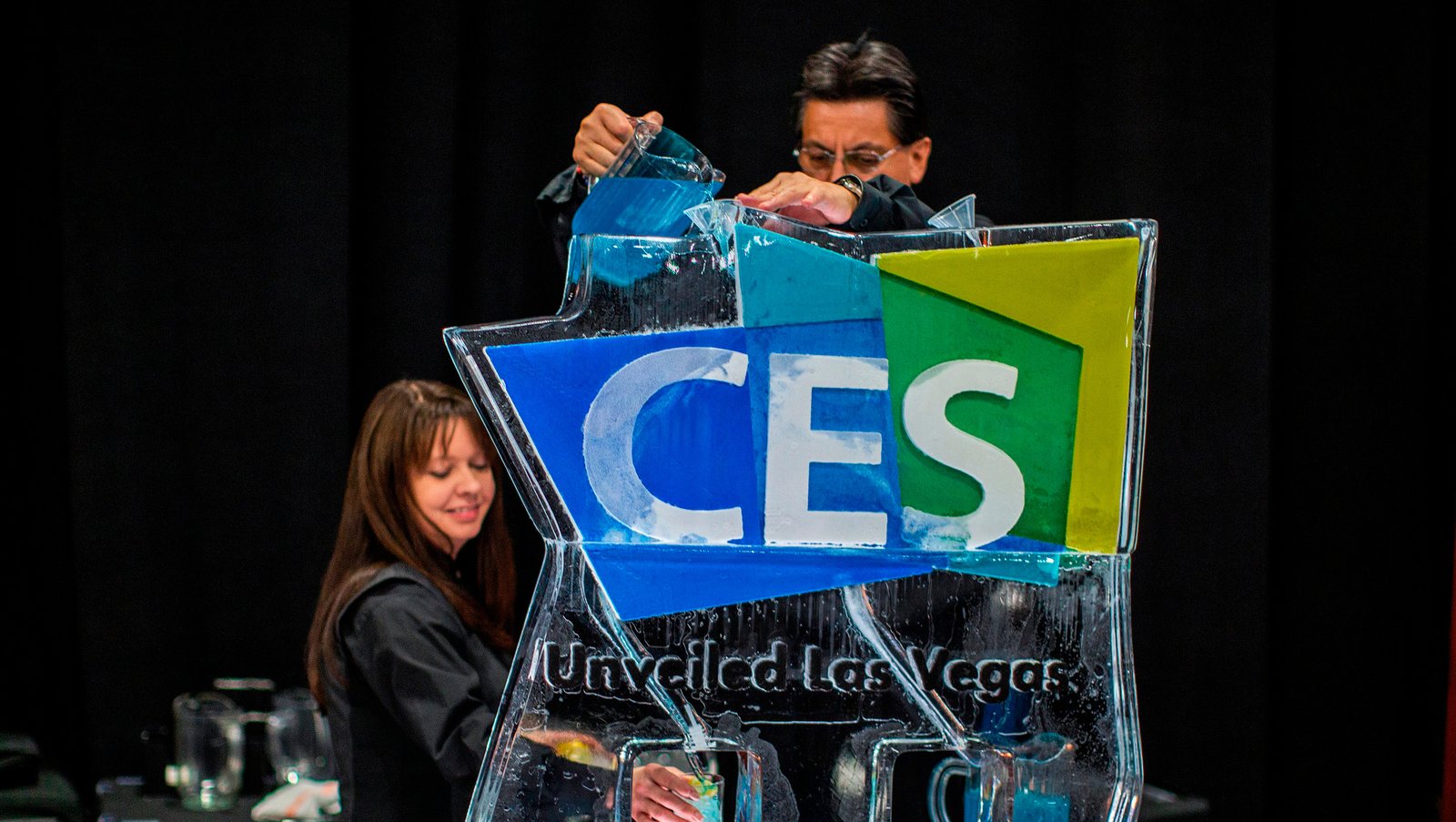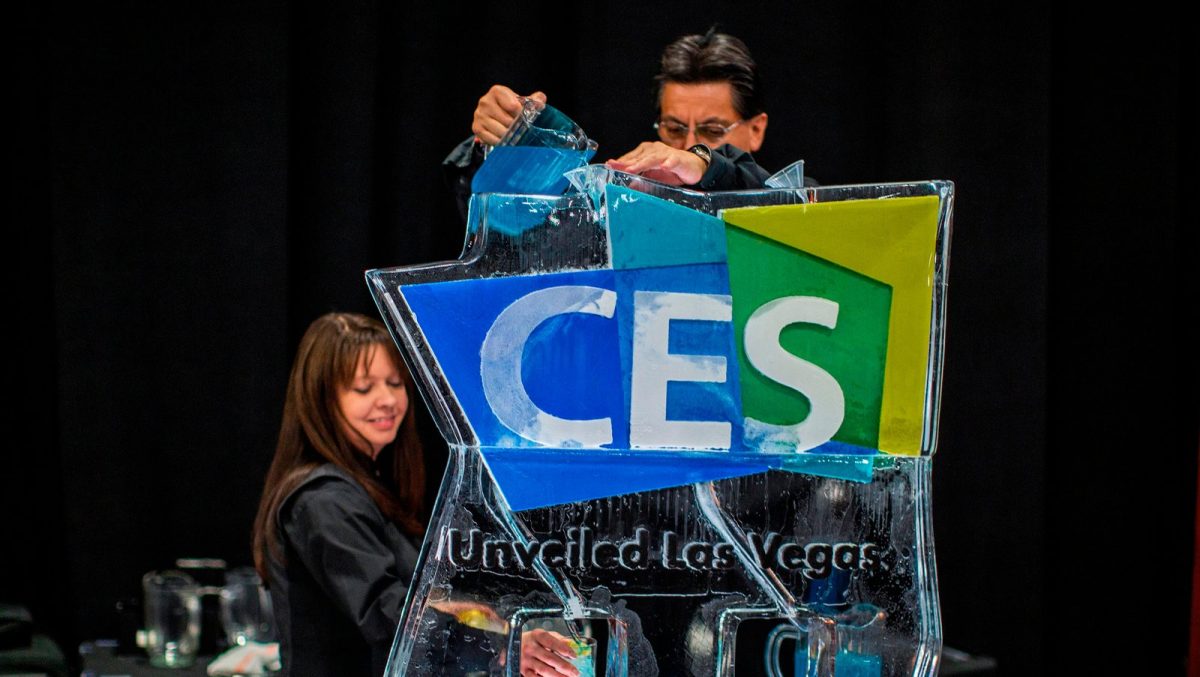
The US tech industry is weathering a crisis of confidence over data protection and a difficult geopolitical situation, with record sales expected in 2019, organisers of the Consumer Electronics Show said.
The Consumer Technology Association (CTA) predicted that US retail revenue in the sector would climb to a record high $398 billion this year.
The forecast was unveiled ahead of the opening of the giant fair in Las Vegas which from January 8-11 will showcase the newest tech in mobile computing, health, sports, automobiles, agriculture and more.
“There are so many cool things happening in the consumer electronics industry right now,” said CTA vice president of market research Steve Koenig.
Trends gaining momentum, and expected to be on display on the CES show floor, included super-high resolution 8K televisions, blazingly fast 5G wireless internet, and virtual aides such as Google Assistant and Amazon’s Alexa woven into devices of all kinds.
CTA director of market research Lesley Rohrbaugh pointed out that “digital assistants are going into everything.”
The CTA forecast revenue growth in the US for smartphones, speakers, homes and watches along with televisions, drones, “in-vehicle tech,” and streaming services.
The upbeat outlook, however, has been tempered by concerns about trust and a simmering trade war with China which has seen President Donald Trump slap hefty tariffs on imports of tech products.
Gary Shapiro, president and chief executive of the CTA, said the dramatic drop in sales of US goods to China reported by Apple and other firms suggests potential troubles ahead.
“If China catches a cold we get the sniffles,” Shapiro told AFP in an interview during the CES media preview day.
“The economies are interrelated now. It’s something President Trump doesn’t quite understand… President Trump’s motives are appropriate but his tactics are inappropriate.”
The trade event features 4,500 exhibitors across 2.75 million square feet (250,000 square meters) of exhibit space showcasing artificial intelligence, augmented and virtual reality, smart homes, smart cities, sports gadgets and other cutting-edge devices.
Some 182,000 trade professionals are expected.
Visitors are likely to see more dazzling TV screens, intuitive robots, a range of voice-activated devices, and folding or roll-up smartphone displays.
There will be a focus on artificial intelligence that can “personalise” a user’s experience with a device or a car, or even predict what someone is seeking – whether it is music or medical care.
But because this ecosystem is built around data, confidence has been eroded by scandals involving Facebook, Google and other guardians of private information.
“Everywhere you go, data is going to be the common denominator,” Koenig said while discussing CES trends.
“We are transitioning into the Data Age; I think it is going to be a little bit like ‘The Matrix’,” he added, referring to the hit 1999 science fiction film.
Shapiro said he believes the industry is capable of self-regulation, but that Congress could likely act as a result of data protection scandals.
But he said the US should not follow the example of Europe’s General Data Protection Regulation (GDPR), saying that it is “stifling innovation.”
“We want to balance innovation with data collection and it should be situational,” he said.
“If your car is about to hit another car, privacy is irrelevant. But if you’re talking about someone’s medical history, that’s very important,” he stated.

